CBD is a non-psychoactive compound derived from both the cannabis and hemp plants. CBD interacts with the CB2 receptors, which are largely responsible for the immune system, inflammation, and pain. CBD can be taken in many ways such as being vaped, applied topically, and ingested.
CBD stores are popping up with the frequency of golden arches and green Seattle coffee shops.
Is it still an enigma to you?
If you are looking for information on what CBD is, the benefits of CBD oil, ways to take CBD oil, CBD therapy and more, the information contained here will provide you with a comprehensive overview.
CBD is a compound derived from both the cannabis and hemp plants. Known as a cannabinoid, it is one of many found in these plants. You may be familiar with the cannabinoid THC, which is the compound that produces a “high” in those who consume, ingest, or inhale it. CBD is not psychoactive, however.
There are several extraction methods of CBD oil. One of the most common is Carbon Dioxide extraction. CO2 extraction utilizes carbon dioxide to separate CBD oil from the plant. CO2 extraction produces an oil with high amounts of CBD. CO2 extraction is the preferred method of making CBD products because of the quality of the CBD oil, its efficient and safe production, and the high concentration of CBD in the final product.
The body has naturally occurring cannabinoids. CBD mimics these natural cannabinoids and attaches itself to receptors in the brain. It also promotes the natural production of the body’s own cannabinoids. CB2 receptors, which are associated with CBD, are largely responsible for the immune system, inflammation and pain, as well as anxiety and some motor skills.
It is believed where the body doesn’t produce enough of its own cannabinoids that CBD acts as a sort of surrogate. But not only that, it can also act as a catalyst for the body to generate more of its own. This process decreases inflammation, lowers pain and positively impacts things like memory and heart health.
There are several ways to take CBD oil. CBD can be vaped, a tincture placed under the tongue, or cream can be applied topically to a direct area. In general, the longer the delivery method, the longer the effect. Vaping has a more immediate effect, but only last a couple of hours whereas a tincture placed under the tongue or an edible takes about 30 minutes to feel but can provide relief for up to four to five hours. The dosage of CBD oil and its delivery method impact the duration and immediacy of its benefits.
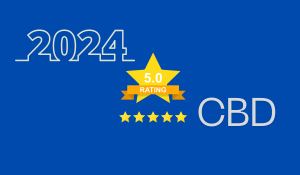
Top-rated CBD Products of 2024 Best CBD Oils Best CBD Gummies Best CBD Creams Best CBD Capsules User Experiences with CBD Testimonials from CBD Users...
Read More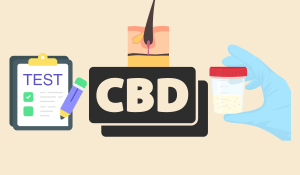
How CBD Interacts with the Body CBD Metabolism:CBD is metabolized by the liver, breaking down into metabolites that may stay in your system for days,...
Read More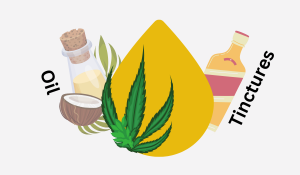
What is CBD Oil? Definition and Composition of CBD Oil Cannabidiol (CBD) oil is derived from the Cannabis Sativa plant, formulated to harness its therapeutic...
Read More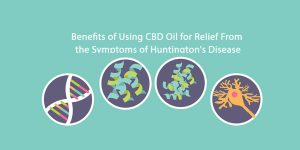
Huntington’s Disease is a neurodegenerative disorder with no known cure. Patients with HD may suffer rapid decline in their cognitive and motor function, but most...
Read More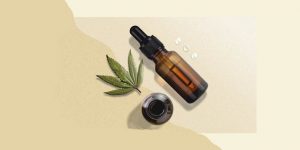
What is an antioxidant? What is oxidative stress? How can CBD help fight this condition? Smart CBD Hub explores the answers to these questions and...
Read More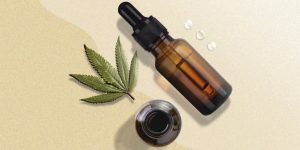
How long does it take for CBD oil to start working? It depends on often you use CBD, how you use it, and your body's...
Read More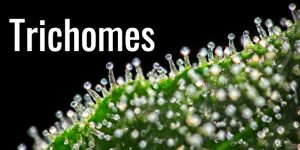
The trichome production and lifecyle runs parallel to that of the cannabis plant. Trichomes serve as protectors from predators and indicators to farmers.
Read More
There is still some confusion regarding the legal status of CBD around the world despite the supplement’s increasing popularity. Most of this uncertainty revolves around...
Read More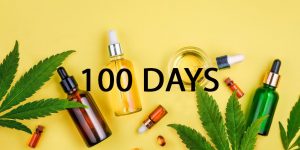
What happens to your body after one hundred days of CBD usage? While more research needs to be conducted, there currently is no evidence of...
Read More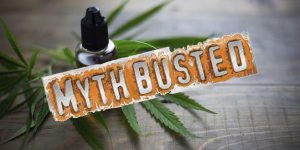
To help separate the truth from a variety of myths around CBD oil, we’ve rounded up some of the widespread misconceptions below. CBD Does Not...
Read More